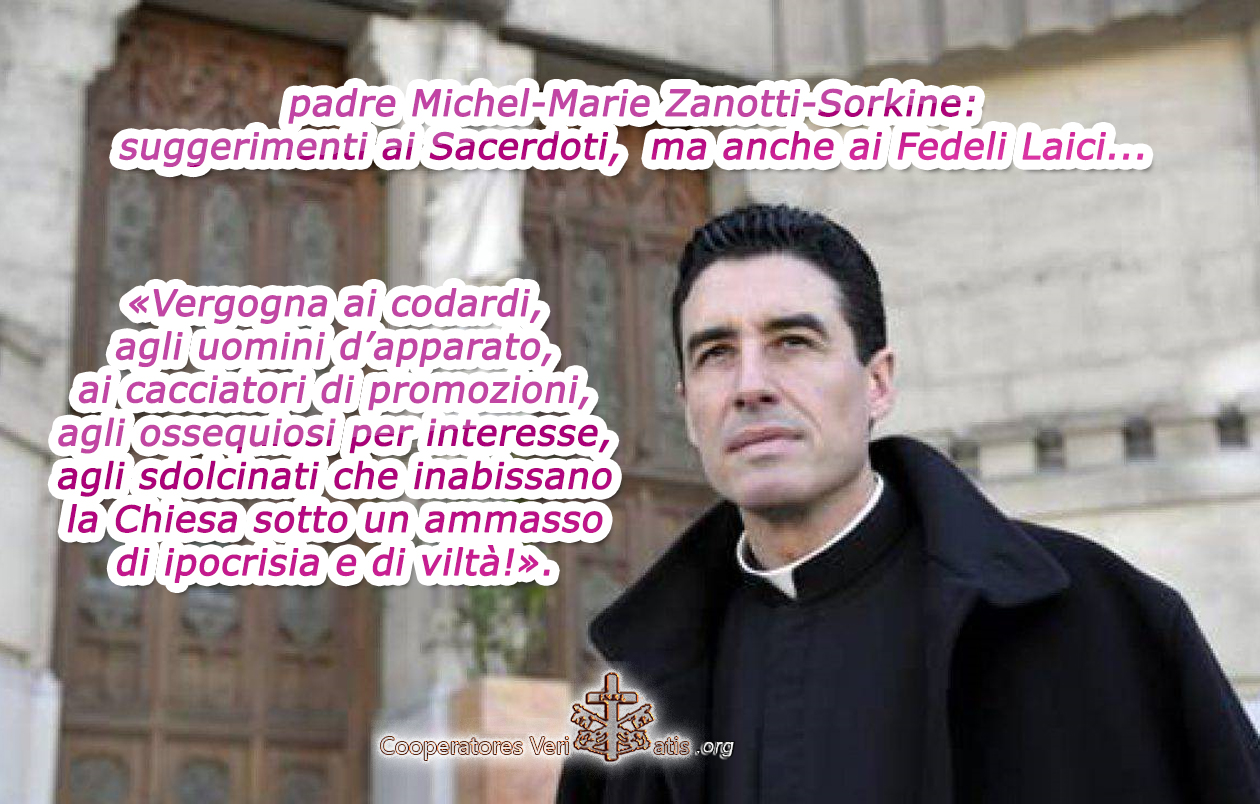Saturday, May 27, 2017
The Context and Ideological Foundations of Sexual Perversion and the Veritatis Splendor Solution
We are aware of the particular gravity of [the] sin[s] committed by priests and of our corresponding responsibility. But neither can we remain silent regarding the context of these times in which these events have come to light. There is a market in child pornography that seems in some way to be considered more and more normal by society. The psychological destruction of children, in which human persons are reduced to articles of merchandise, is a terrifying sign of the times. From Bishops of developing countries I hear again and again how sexual tourism threatens an entire generation and damages its freedom and its human dignity. The Book of Revelation includes among the great sins of Babylon--the symbol of the world's great irreligious cities--the fact that it trades with bodies and souls and treats them as commodities (cf. Rev 18:13). In this context, the problem of drugs also rears its head, and with increasing force extends its octopus tentacles around the entire world--an eloquent expression of the tyranny of mammon which perverts mankind. No pleasure is ever enough, and the excess of deceiving intoxication becomes a violence that tears whole regions apart--and all this in the name of a fatal misunderstanding of freedom which actually undermines man's freedom and ultimately destroys it.
In order to resist these forces, we must turn our attention to their ideological foundations. In the 1970s, paedophilia was theorized as something fully in conformity with man and even with children. This, however, was part of a fundamental perversion of the concept of ethos. It was maintained--even within the realm of Catholic theology--that there is no such thing as evil in itself or good in itself. There is only a "better than" and a "worse than". Nothing is good or bad in itself. Everything depends on the circumstances and on the end in view. Anything can be good or also bad, depending upon purposes and circumstances. Morality is replaced by a calculus of consequences, and in the process it ceases to exist. The effects of such theories are evident today. Against them, Pope John Paul II, in his 1993 Encyclical Letter Veritatis Splendor, indicated with prophetic force in the great rational tradition of Christian ethos the essential permanent foundations of moral action. Today attention must be focused anew on this text as a path in the formation of conscience. It is our responsibility to make these criteria audible and intelligible once more for people today as paths of true humanity, in the context of our paramount concern for mankind.
Benedict XVI Address to Roman Curia, December 20, 2010
Cf. Plinthos on Veritatis Splendor, Amoris Laetitia

































